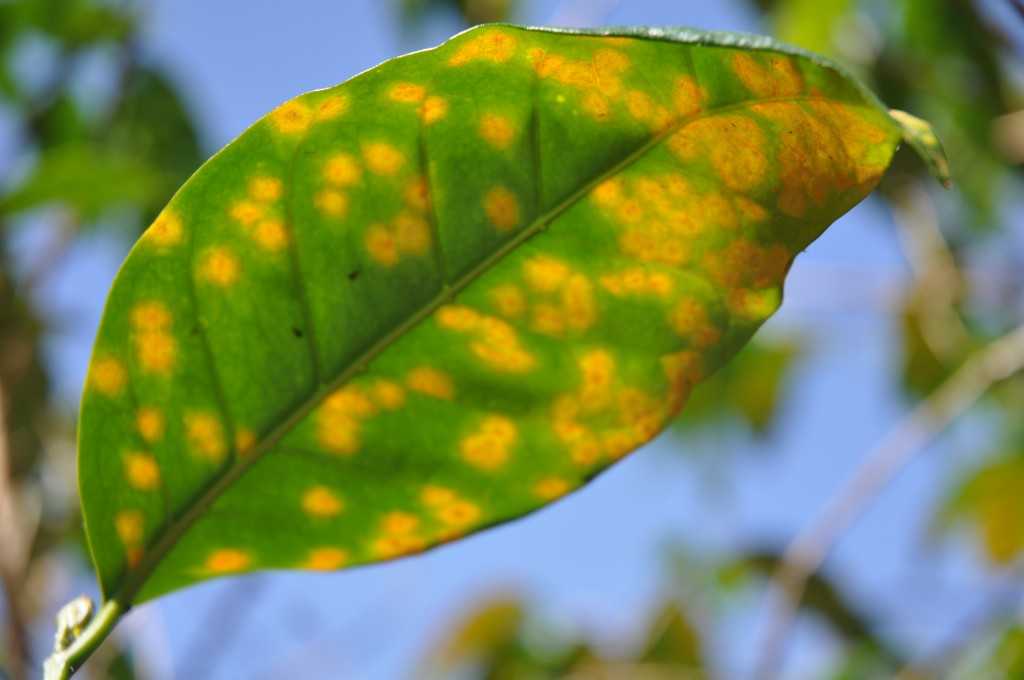By Jaime Lopez*
BioNovelus, a clean tech company that aims to offer a portfolio of green solutions for various applications, recently received positive results from lab and field trials showing BioNovelus’ technology as an effective, eco-friendly biopesticide against Hemileia vastatrix, the fungus named “coffee rust,” or “roya” in Central and South America.
The company hopes to put this eco-friendly solution to the test in February.
Coffee rust is a fungus that has been destroying coffee trees for years, costing one billion dollars per year to the coffee industry, along with 500,000 lost jobs, and leaving farmers in despair. Coffee rust is also believed to be responsible for the multiple waves of illegal immigration, mostly children, coming in 2014 and 2015 from Central America to the United States.
As reported by The Costa Rica Star in 2013, a National Emergency Phytosanitary Decree was enacted due to the severe damage caused to coffee crops and the sever economic loss. Climate change has been cited as one of the catalysts for the spread of coffee rust in Costa Rica and Central America.
In the region of Guanacaste alone, the crop loss was estimated to have been around 30 percent, and required emergency funding in excess of $40 million to avoid further damage.
“Valued at 1.8 billion dollars in 2013, the global market for biopesticides is expected to reach $4.36 billion dollars by 2019, growing at a CAGR of 16.0% from 2014 to 2019.
With these data and our positive lab and field results, we are very pleased to enter the market of biopesticides; our first product is designed as a biodegradable, eco-friendly alternative to toxic fungicides.” says BioNovelus President Jean Ekobo.
“Regulations for pesticides are becoming more rigorous, which will increase the demand for organic products.”
The company is currently conducting another pilot test in Mexican coffee plantations before moving on to Costa Rica and Central America in February.


















